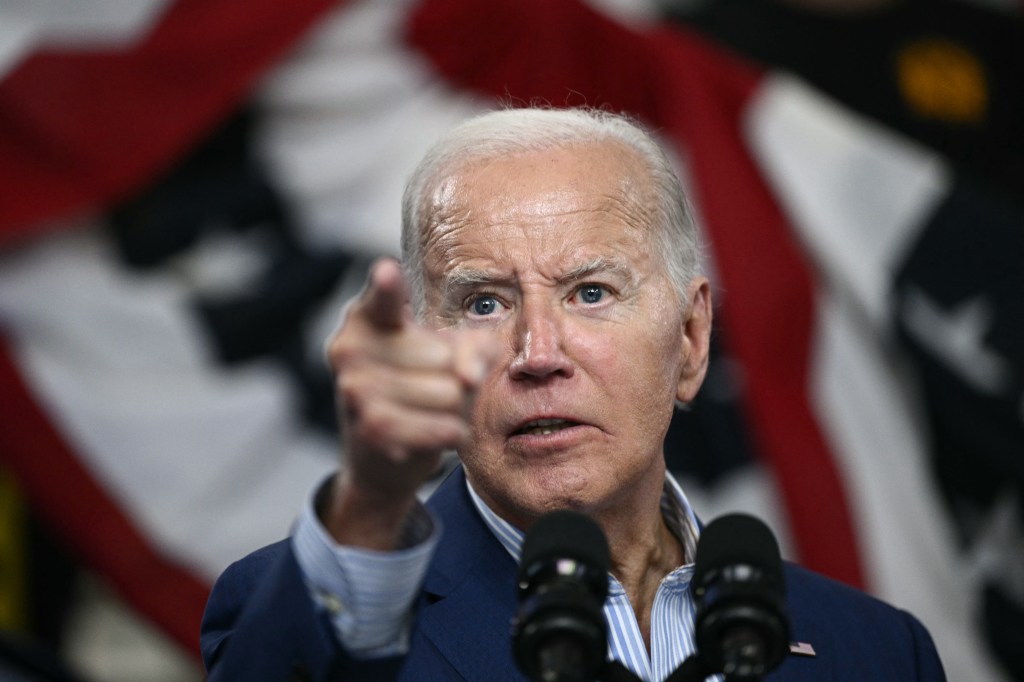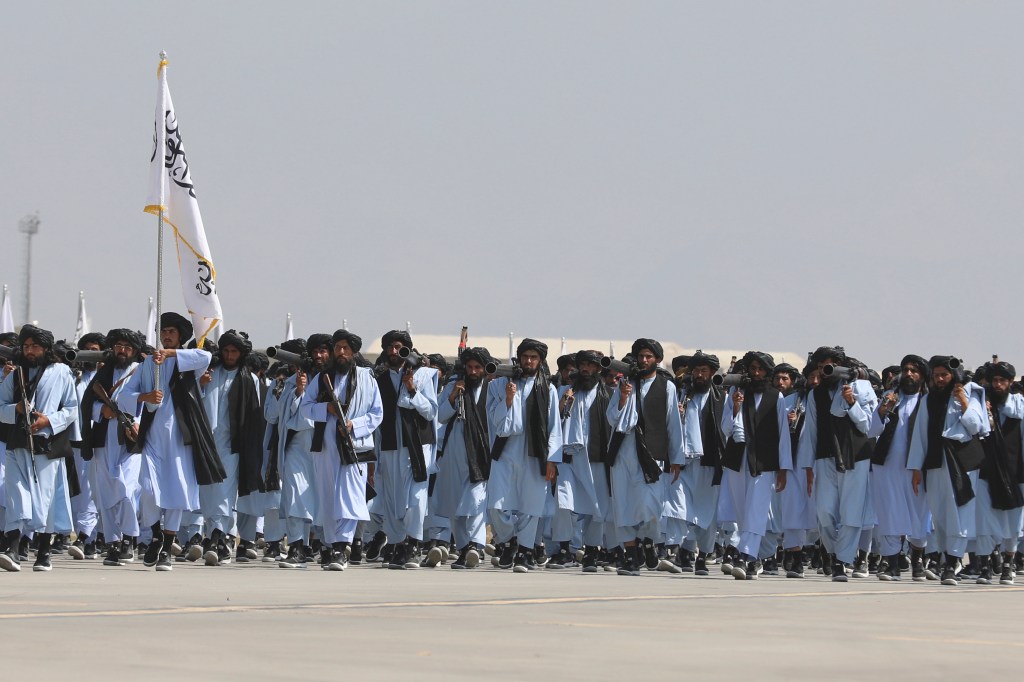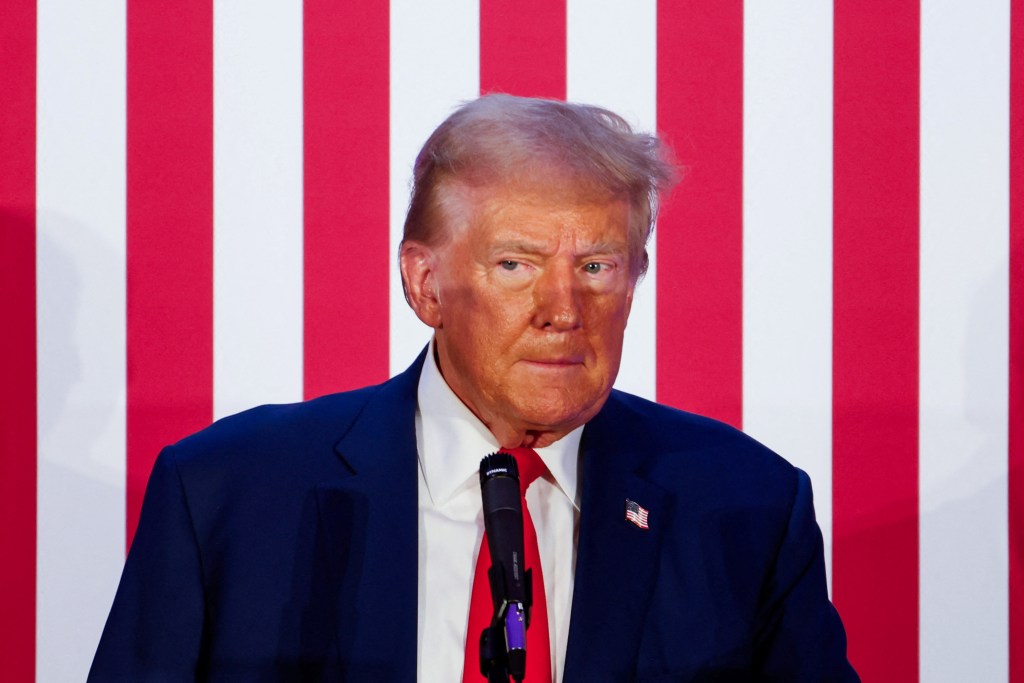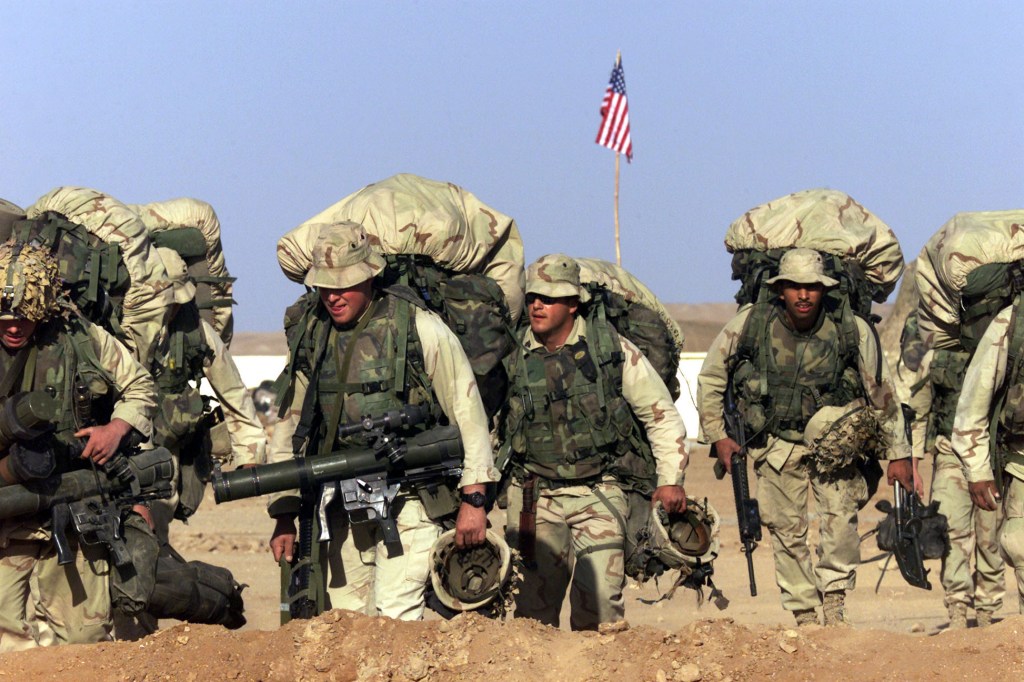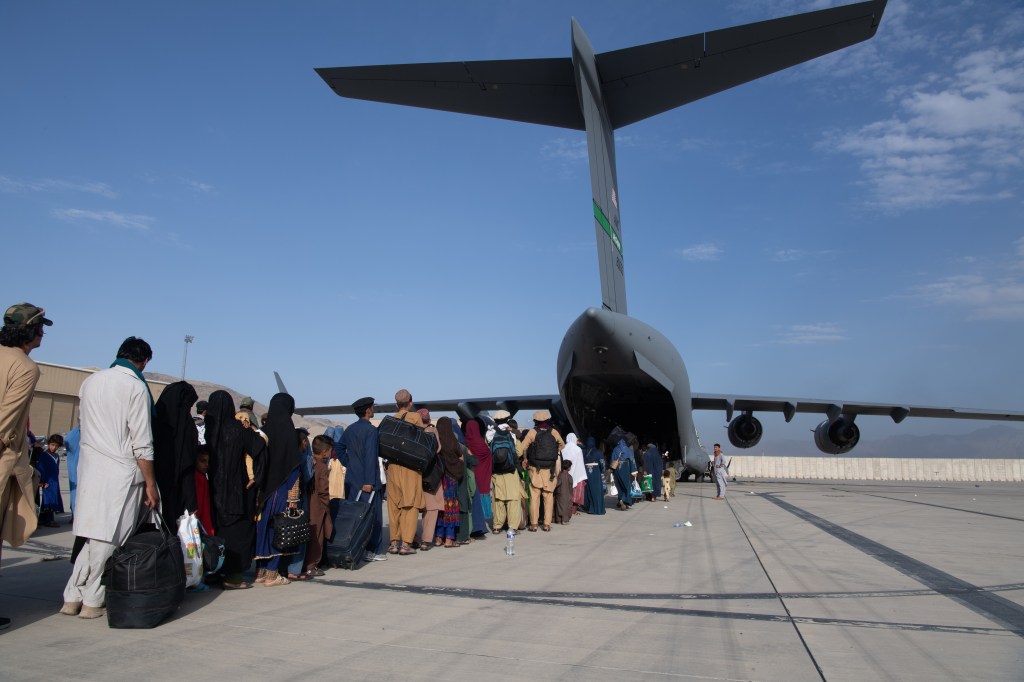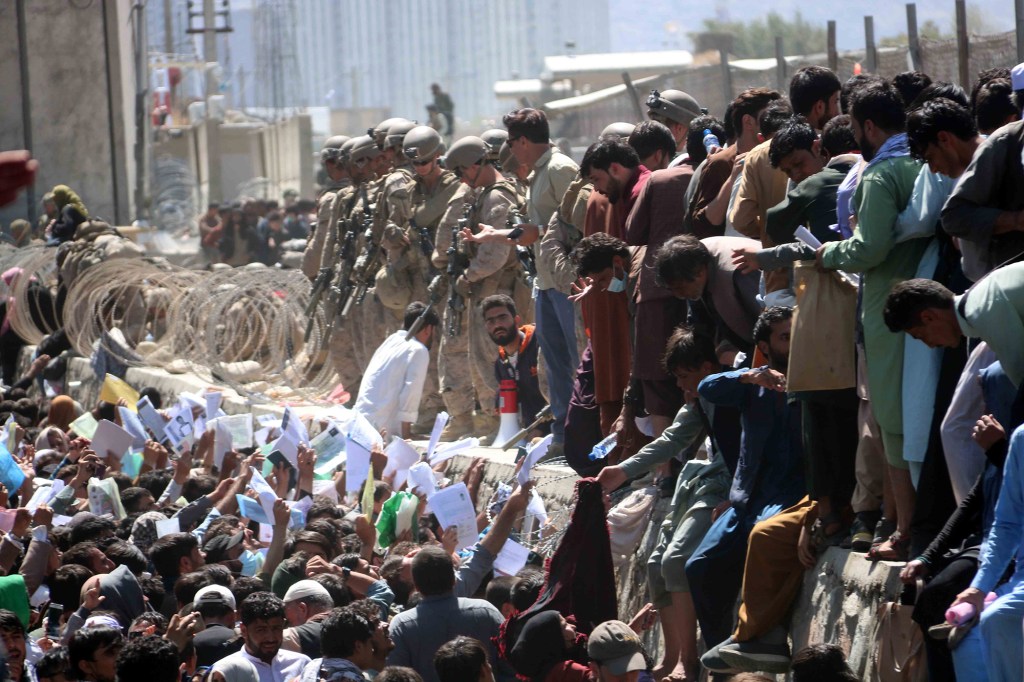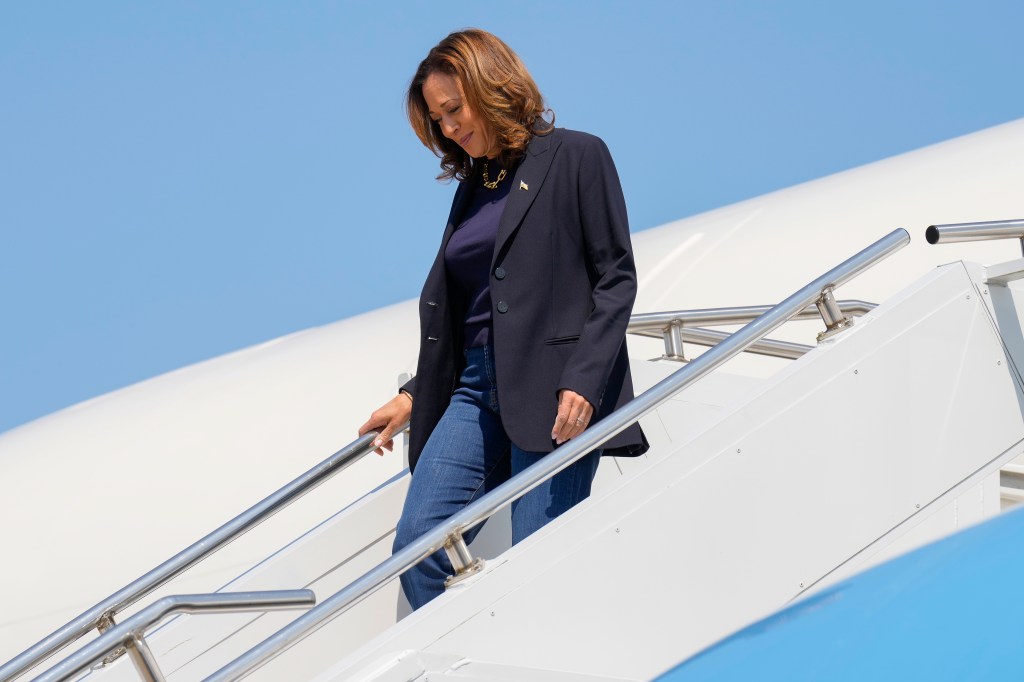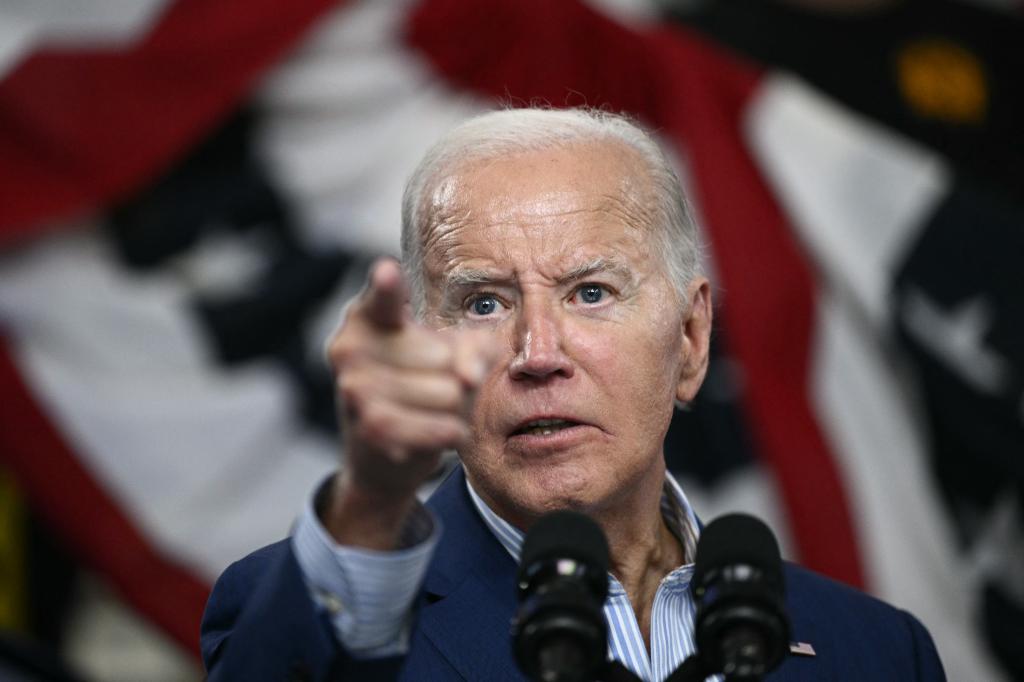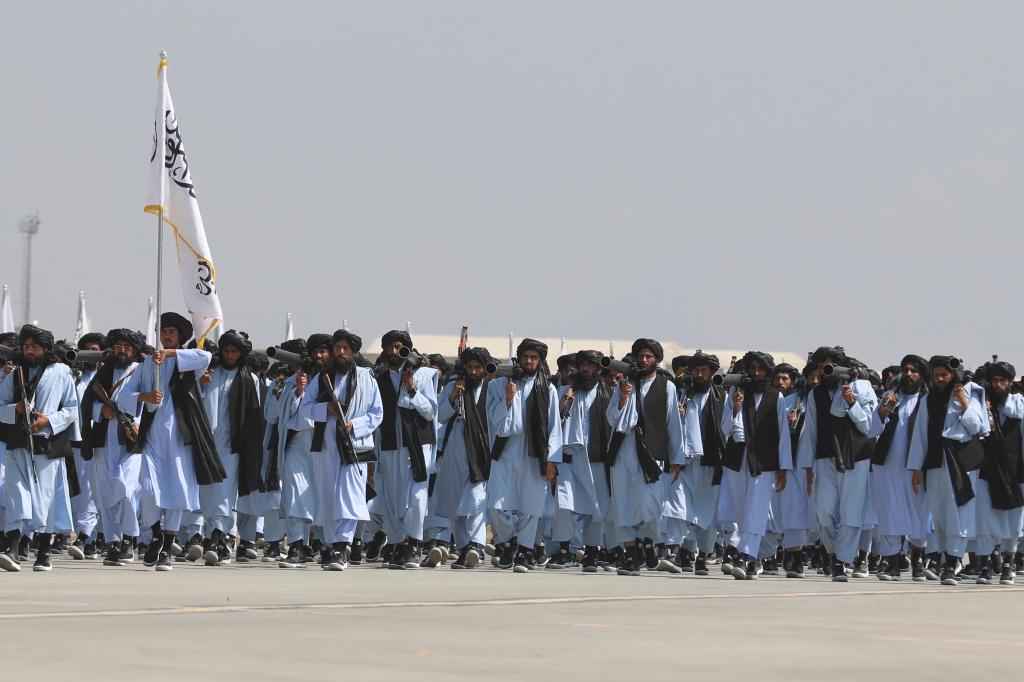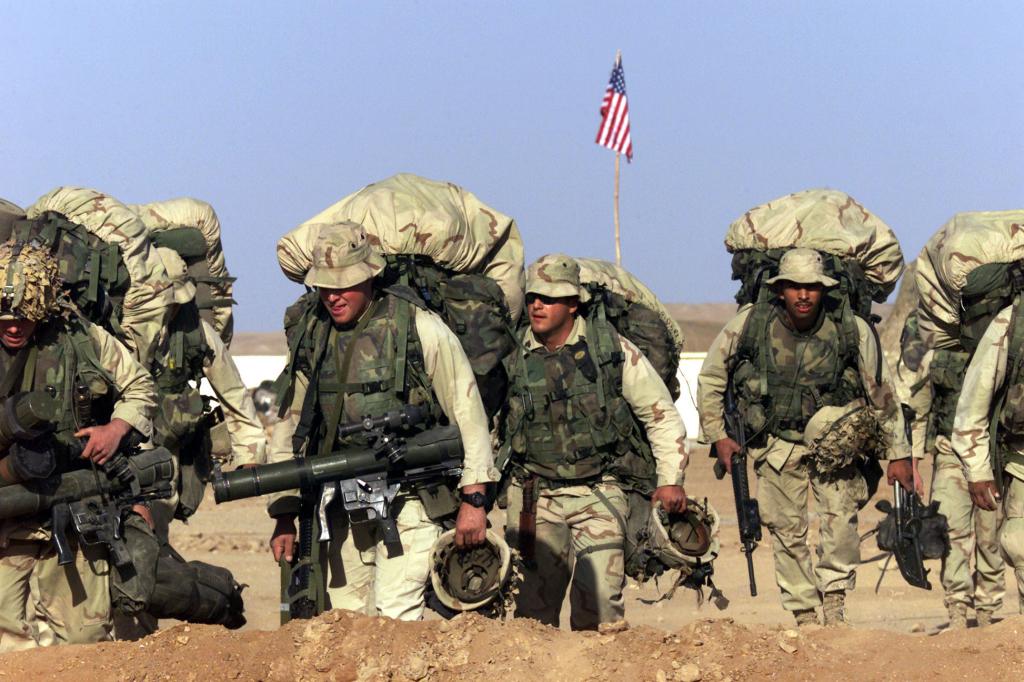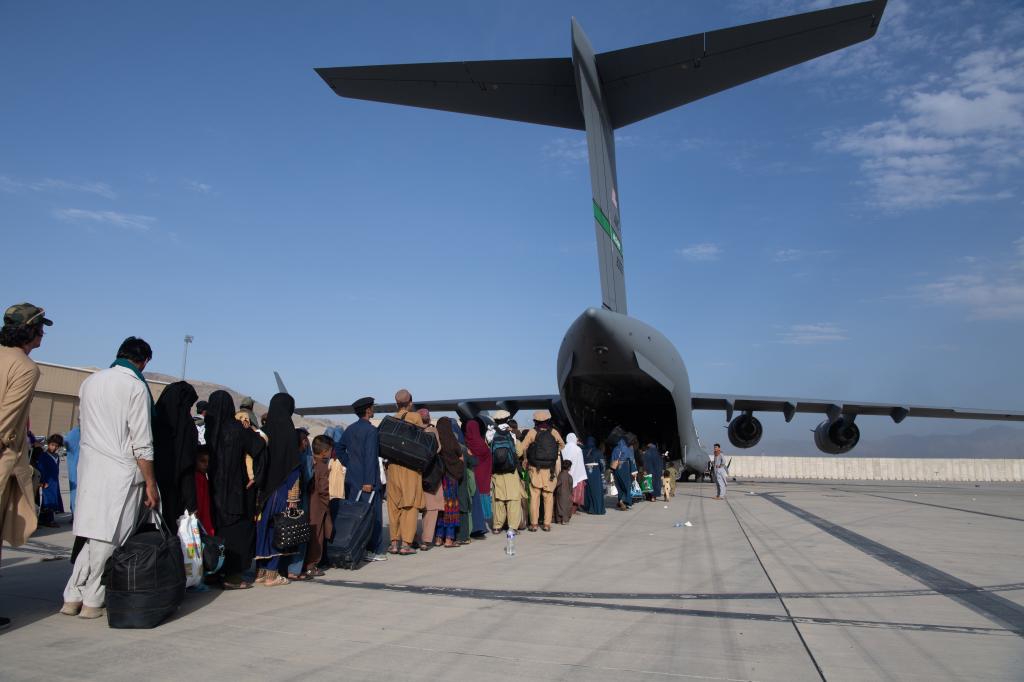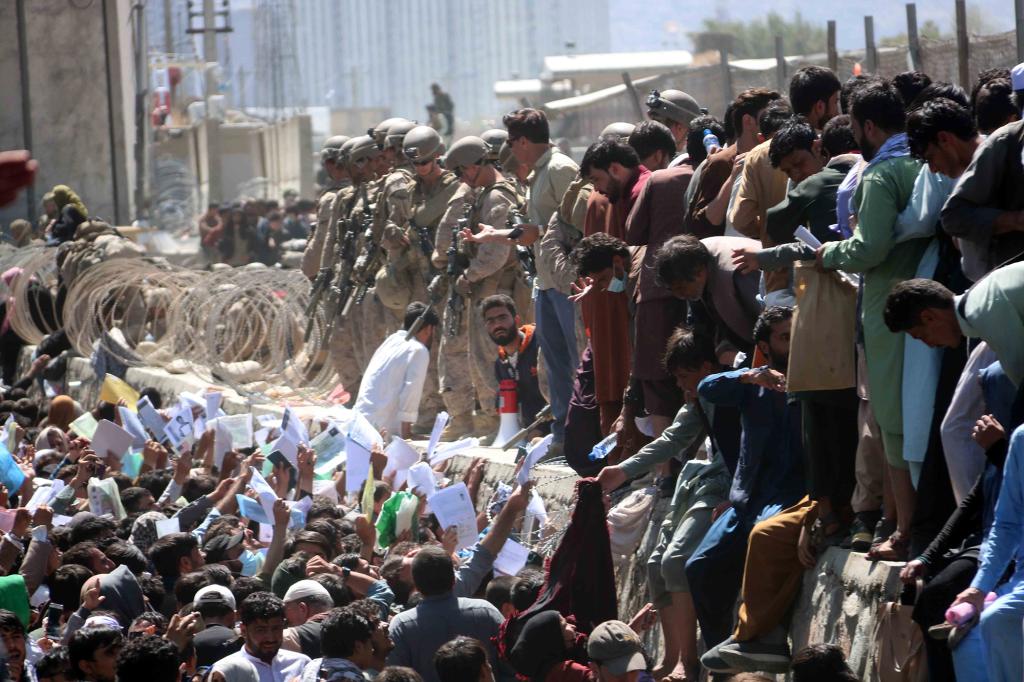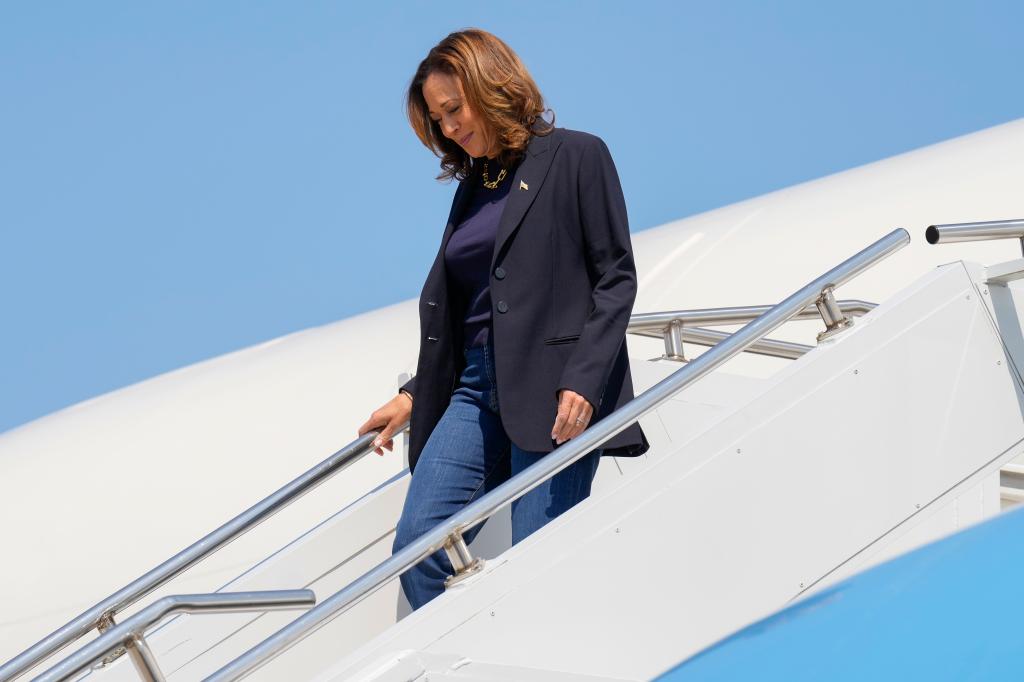Sorry, the video player failed to load.(Error Code: 100013)
Biden was hellbent on leaving Afghanistan — ignoring military advice, NATO objections and Afghan pleas: House report
WASHINGTON — President Biden was so hellbent on getting out of Afghanistan that he rebuked any advice to the contrary, ignored the pleas of the Afghan government and disregarded objections from US allies.
That was the one of the main takeaways from the House Foreign Affairs Committee’s more than two-year investigation into America’s chaotic, deadly Afghanistan withdrawal, according to a blistering report released Sunday.
“During his decades-long tenure as a Delaware US senator, eight years as vice president of the United States and nearly four years as president, Mr. Biden has demonstrated distrust of America’s military experts and advisors and has prioritized politics and his personal legacy over America’s national security interests,” the roughly 350-page report asserted.
His administration consistently lied to and misled the American public to try to convince it to support his consequences-be-damned view that the US should swiftly end its 20-year war in Afghanistan, the review said.
Former President Donald Trump’s administration had previously created and entered into the Doha Agreement with the Afghan government and the Taliban to end the US war in Afghanistan.
But Biden forged ahead with little deference to the terms of the agreement — no matter the cost — though he would later blame the same document for forcing his hand, the report found.
The Doha Agreement, made in 2020, held that the US would withdraw its troops from Afghanistan if the Taliban met certain obligations.
For example, the terrorist group was responsible for “cutting ties with al Qaeda and other terrorist organizations, ceasing attacks on US and coalition troops, reducing violence against Afghan forces and starting negotiations with the Afghan government,” according to the report.
But Biden’s reckless, blind determination pushed aside the agreement’s critical details, the document said.
All for show
On Feb. 4, 2021, then-State Department spokesman Ned Price announced that the US would begin the review to assess the Taliban’s adherence to the Doha Agreement to evaluate whether the US should imminently withdraw from Afghanistan.
But “in his testimony before the committee, contrary to his public statement, Mr. Price asserted the Taliban’s adherence to the Doha Agreement was in fact ‘immaterial’ to the Biden-Harris administration’s decision to withdraw from Afghanistan,” the document found.
The administration’s “lies” and “misrepresentations” only continued, the report said.
“Missing from press releases was information related to the Taliban’s failure to adhere to the Doha Agreement, the ongoing presence of terrorism in Afghanistan, the capabilities of the Afghan government and military with and without U.S. support, and dissent from NATO allies on the US plan to withdraw,” according to the report.
“The Taliban were in breach of key elements of the Doha Agreement, [though] the Biden-Harris administration claimed to be assessing the Taliban’s compliance therewith,” the report said.
“In reality, the conditions were entirely irrelevant to them.”
Advice ignored
Biden made the decision to pull out entirely despite nearly every military official advising against it, the document said.
“Despite President Biden’s public assertions to the contrary, our investigation has revealed the secretary of defense, the chairman of the Joint Chiefs, the commander of US Central Command, the secretary of state, the Office of the Director of National Intelligence, and the commander of NATO’s Resolute Support Mission and United States Forces-Afghanistan all advised against withdrawing all US troops from the country — both during and after the interagency review,” the report said.
The Harris-Biden administration also ignored the international community’s concerns, barreling past the objections of other NATO nations that deployed to Afghanistan in support of the US.
Even key figures in Afghanistan had pleaded against a total US withdrawal, arguing the landlocked nation simply needed more time to prepare.
“General Haibatullah Alizai — former Afghan Army general — informed the committee majority staff that he pleaded for more time from American commanders on the ground, saying, ‘Just tell your leadership to stay with us for two more years. … We’re going to take the initiative … it’s in our favor and we can defeat the Taliban,’ ” the report recounted.
Failure to plan
Across the board, the report painted a picture of an administration that was heavily fixated on the political optics of the withdrawal while lacking the foresight to plan ahead, even for predictable scenarios.
In one striking passage, the report underscored that Biden didn’t officially order a noncombatant evacuation operation — the largest the US had ever pursued in history — until Aug. 16, 2021, a day after Kabul fell to the Taliban and just two weeks before the last US troops left the city.
“The failure to prepare for a NEO had ramifications not only for Americans and allies in Afghanistan, but US personnel on the ground forced to evacuate desperate civilians in a hostile environment,” the report said. “Those concerns were sidelined by the Biden-Harris administration in favor of optics.
“Rather than concede their negligence, US service members and foreign service officers were directed to prioritize evacuating as many people as possible, no matter the threat posed to their lives.”
Implications for Harris
Vice President Kamala Harris was mentioned sparingly in the report, which was one factor that former committee senior investigator Jerry Dunleavy cited in his protest resignation from the probe.
“Harris was the last person in the room when President Biden made the decision to withdraw all U.S. forces from Afghanistan; a fact she boasted shortly after President Biden issued his go-to-zero order,” the report stressed, pointing to previous public reporting.
She was one of 15 administration officials whom the report recommended Congress pass a resolution condemning over the debacle.
The report’s release comes just two days before Harris’ televised debate against Trump in Philadelphia.
Critics such as Transportation Secretary Pete Buttigieg have accused the panel of timing the report’s release for political purposes.
But the panel’s chairman, Rep. Michael McCaul (R-Texas), fired back to CBS’ “Face the Nation” on Sunday, “It’s taken me two years to get to this point because of the obstruction — I’ve had to serve subpoena after subpoena.’’
McCaul did fault Trump for one key aspect of the withdrawal — the omission of the Afghan government from negotiations over the Doha Agreement, which occurred under his watch.
Fallout
Despite the House Foreign Affairs Committee’s decision to release its sprawling report on the Afghanistan withdrawal, its work on the matter is far from over.
“We have a lot of unanswered questions regarding the [Department of Defense] … [about] what happened on the ground,” McCaul said.
The panel, which conducted 18 transcribed interviews, pored through more than 20,000 pages worth of documents and held seven public hearings to produce the scathing report, is also eyeing reforms for the National Security Council and State Department.
“Everything we have seen and heard of Chairman McCaul’s latest partisan report shows that it is based on cherry-picked facts, inaccurate characterizations, and pre-existing biases that have plagued this investigation from the start,” said Sharon Yang, a rep for oversight and investigations at the White House.








